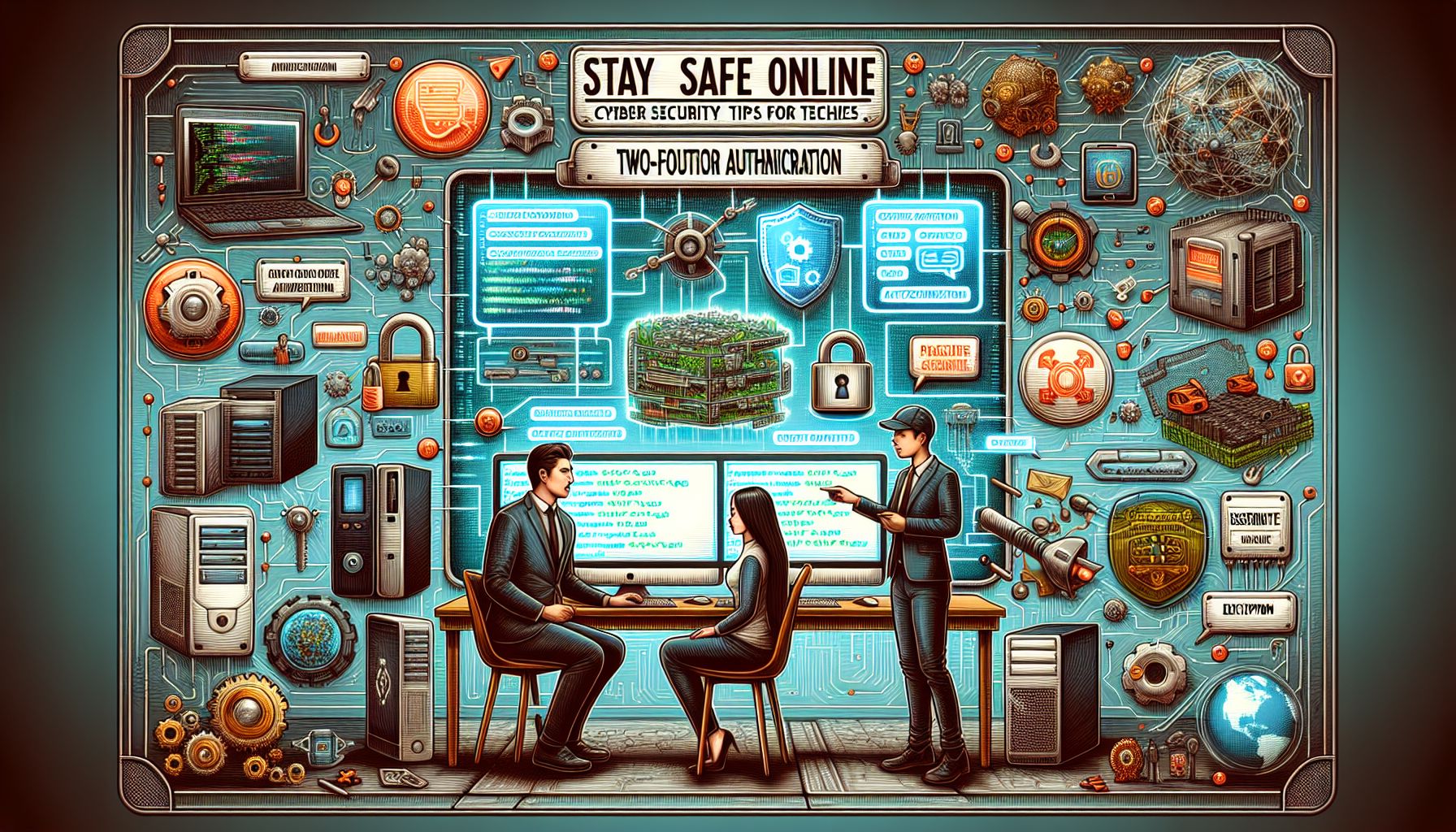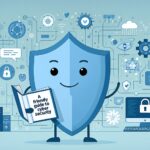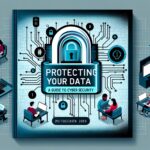In today’s world where almost everything is connected to the internet, it’s more important than ever to prioritize cyber security. As technical professionals, we often have access to sensitive data and systems that can be vulnerable to cyber attacks. That’s why it’s crucial for us to stay informed and proactive in protecting ourselves and our organizations from potential threats.
Understanding the Importance of Cyber Security
Cyber security is the practice of protecting computer systems, networks, and data from digital attacks. These attacks can come in various forms, such as malware, phishing scams, ransomware, and more. The consequences of a successful cyber attack can be severe, including data breaches, financial losses, reputation damage, and even legal consequences.
As technical professionals, we play a key role in safeguarding our organization’s digital assets. By implementing effective cyber security measures, we can reduce the risks of unauthorized access, data theft, and service disruptions. This not only protects our organization but also helps to maintain trust with our customers and stakeholders.
Best Practices for Cyber Security
Here are some practical tips that techies can follow to enhance their cyber security posture:
1. Keep your software up to date
One of the simplest yet most effective ways to protect yourself from cyber threats is to ensure that your operating systems, applications, and devices are always up to date. Software updates often include security patches that address known vulnerabilities, so it’s essential to install them promptly.
2. Use strong and unique passwords
Create complex passwords that are difficult for hackers to guess, and avoid using the same password across multiple accounts. Consider using a password manager to securely store and manage your passwords.
3. Implement two-factor authentication
Adding an extra layer of authentication can significantly increase the security of your accounts. Two-factor authentication requires a second form of verification, such as a code sent to your phone, in addition to your password.
4. Be cautious of phishing scams
Phishing is a common tactic used by cybercriminals to trick individuals into providing sensitive information or downloading malicious software. Always be wary of emails, messages, or calls that request personal or financial information and verify the source before taking any action.
5. Encrypt your data
Encryption converts your data into a code that can only be read with a decryption key, making it unreadable to unauthorized users. Encrypt sensitive information stored on your devices or transmitted over networks to protect it from interception.
6. Secure your network
If you’re working remotely or accessing public Wi-Fi networks, be sure to use a virtual private network (VPN) to encrypt your internet connection and prevent unauthorized access to your data.
Conclusion
As technical professionals, we have a responsibility to prioritize cyber security in our daily practices. By staying informed about the latest threats and best practices, implementing robust security measures, and maintaining a vigilant attitude, we can contribute to a safer digital environment for ourselves and our organizations. Remember, cyber security is everyone’s responsibility, and we all play a part in defending against cyber threats. Stay safe online!


